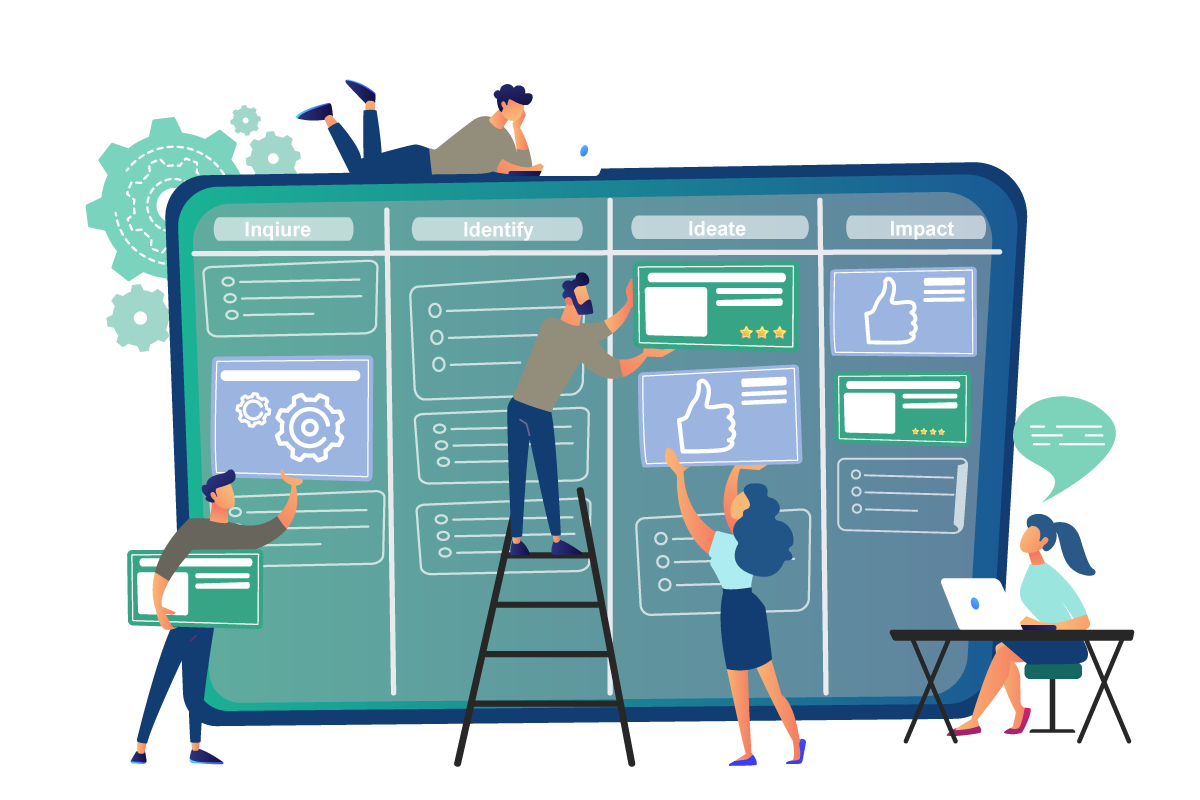
Aspiring to be the next Tesla ?
Get a Headstart with iEnabler. We are an Innovation software Platform that helps businesses create new products, build new business models, grow and expand to newer markets. iEnabler makes Innovation outcomes predictable, repeatable and successful.
Schedule a Demo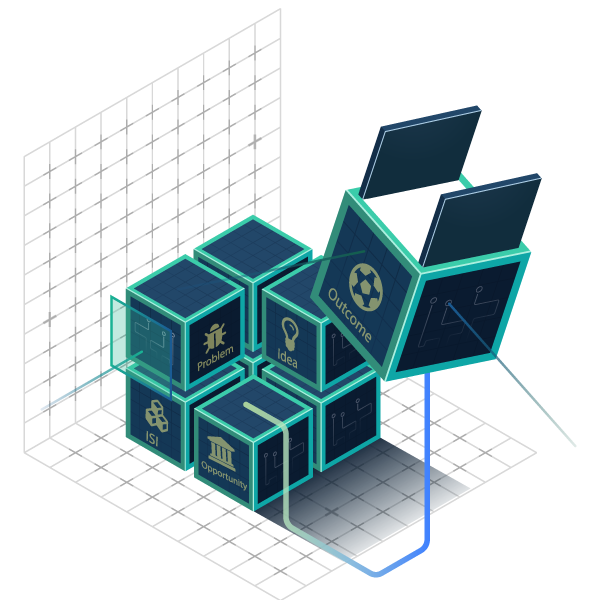
Experience the power of synergy
Our structured approach has think models embedded in the software that covers all facets of the innovation journey from problem discovery to market discovery and solution ideation.
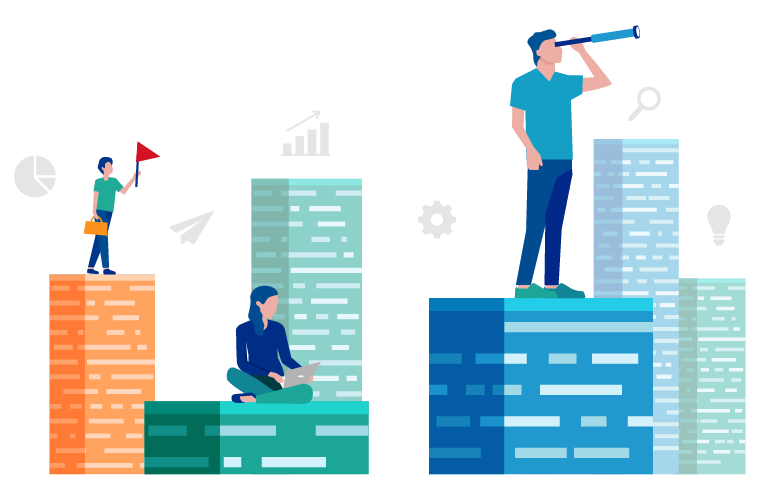
Enterprise Innovation
Enterprise Innovation to help you create new products, grow new markets by navigating Volatility, Uncertainity, Complexity and Ambiguity.
Key Components
- Strategic Innovation
- Collaborative Ideation
- Moonshot Innovation
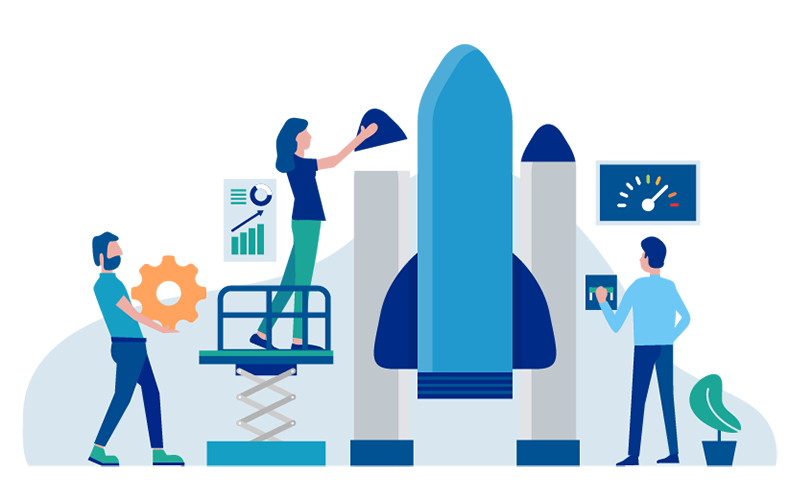
Rapid Innovation
Rapid Innovation to help you in product - market dicovery, grow Ideas to outcomes, build differentiation and be successful category creators.
Key Components
- Build the product
- Grow the business
- Lead the category

Business Builder
Business model builder to help you ideate and structurize your business value chain and discover breakthrough business posibilities.
Key Components
- Ideate across business elements
- Domain specific Tactics
- Link to Discovery exercise

Innovation Sherpa
At iEnabler, we believe in empowering Individuals by training them in the art and science of Unlocking Innovations from within. Our trained Innovation sherpas will do the Innovation heavy lifting and guide teams to undertake diverse innovation interventions.
Subscribe to our Newsletters, Blogs & Webinars.
Stay upto date with the latest insights on Product discovery, Market discovery & Innovation.
We're committed to your privacy. iEnabler uses the information you provide to us to contact you about our relevant content, products, and services. You may unsubscribe from these communications at any time. For more information, check out our privacy policy.

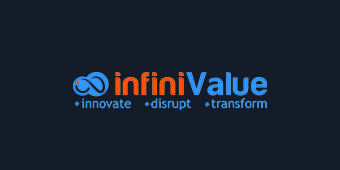



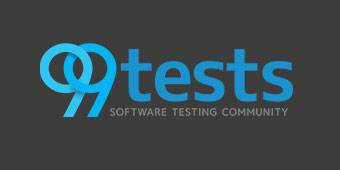



 © 2018 iEnabler, Inc. All Rights Reserved.
© 2018 iEnabler, Inc. All Rights Reserved.


